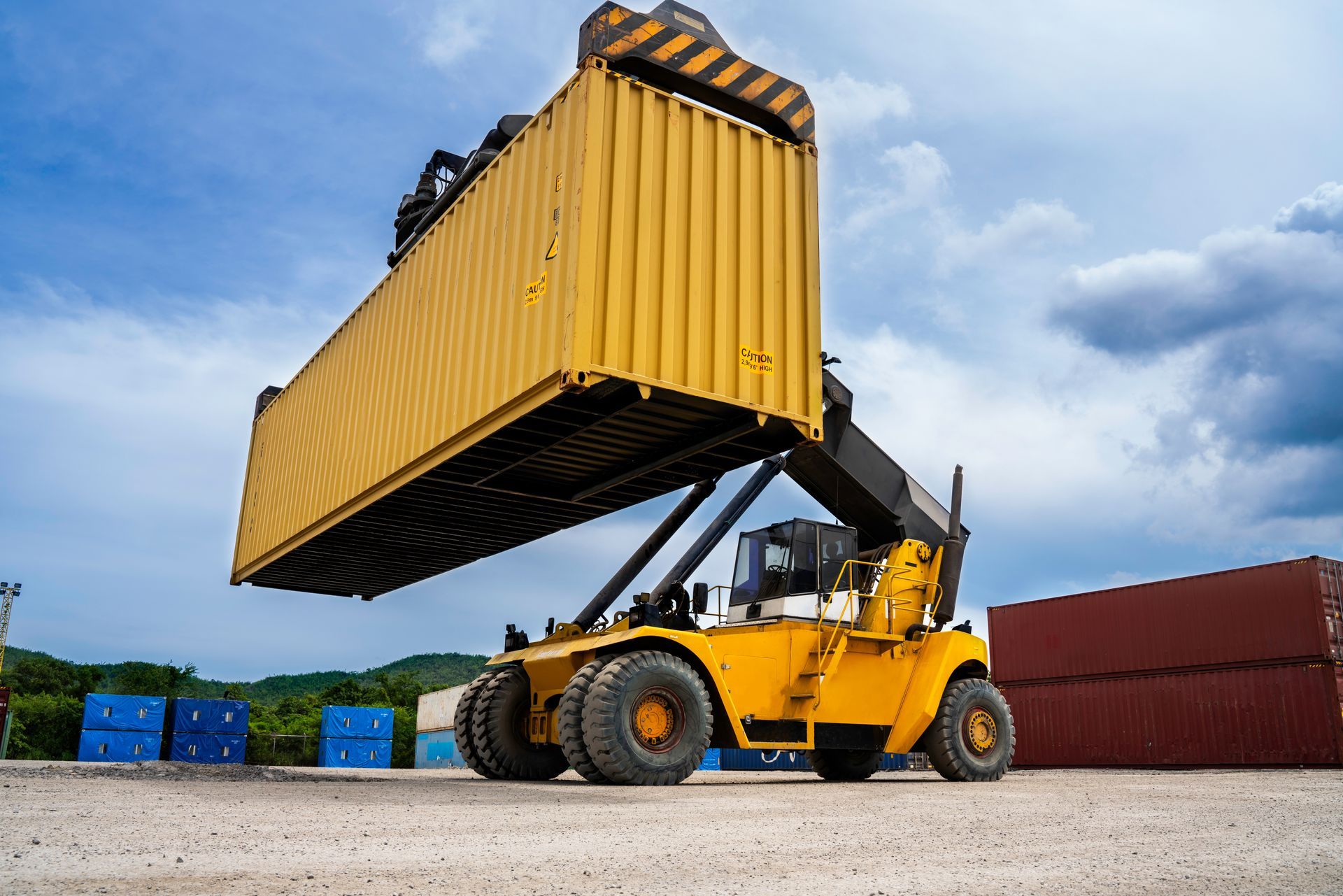Technological advances in logistics
Logistics is key in the business world because it is in charge of managing the flow of products from their origin to their destination.
In recent years, technological advances have revolutionized this area, allowing for greater efficiency and optimization in logistics processes.
Changes are occurring everywhere from automation in warehouses, artificial intelligence to the deployment of real-time tracking systems.
In fact, with these innovations come new expectations and standards which oblige the industry to adapt or lag behind.
Above all, due to clients’ demands for their products or services to arrive quicker or cost less.
Since 2000, logistics has evolved in giant steps. Thanks to advances in technology and e.commerce, nowadays, we have companies whose entire processes are automated.
Most companies have realized that logistics gives their products a competitive advantage, which is key to their growth and positioning in any market.
Most companies have realized that logistics gives their products a competitive advantage, which is key to their growth and positioning in any market.
How does technology affect logistics?
In recent years, technology has had a major impact on logistics. It has actually transformed the way in which supply chains are managed and provides innovative solutions for improving efficiency and reducing costs.
Just some of the ways in which technology affects logistics are listed below:
- Shipment tracking system. Nowadays, advances in software and the internet help clients access tracking and shipping systems 24/7. This implies an enhanced user experience and saves time and money for the company.
- IoT (Internet of Things). Connection to network devices is of great help for keeping track and close monitoring of the products in real-time, helping to improve planning, security and efficiency.
- Automation. Technology is used for automation of the supply chain processes, for classifying or packaging products, thus reducing labor costs and raising efficiency.
- Self-driven trucks and drones. Both options are now a reality. For example, Embark and Uber have already made long journeys using self-driven trucks.
- Optimized precision GPS. It is of great help to clients for tracking the location of the trucks.
- Big data. It helps gather and analyze large amounts of data related to the supply chain, thus providing valuable information to improve planning, inventory management, decision-making and identifying areas of improvement.
- Warehouse Management Systems (WMS). It is fundamental for efficiently managing warehouses, route planning and inventory tracking.
- Artificial Intelligence (IA). It opens the door to the automation of complex processes in the supply chain, such as route planning.
What are the advantages of technology for logistics?
Technology is one of the most disruptive elements for logistics, in both the B2B and B2C models. This is precisely why it has generated numerous advantages:
- Improved efficiency. Such as the automation of processes in the supply chain, which has bolstered efficiency and reduced costs.
- Greater visibility and transparency. To help companies trace products in real-time and track their location and status.
- Error reduction. This has improved precision and service and led to a decrease in data entry failures and improved the quality of the information.
- Optimizing planning. Demand forecasting systems based on automatic learning algorithms allow for improved prediction of clients’ needs and more effective planning of inventory and production levels.
- Route promotion. Transport management schemes allow for the renewal of the delivery route and the selection of the most appropriate means for each case, resulting in lower transit times and costs.
Examples of how technology is integrated in current logistics
Thanks to the interest existing in the sector to innovate and generate new solutions, currently there are several examples of technological advances in the logistics industry:
- Robots for delivery. They are in charge of taking orders to clients or collection points, allowing for the replacement of some deliverers in logistics processes.
- Drones for delivery. They emerged during the Covid-19 pandemic. This is why unmanned aerial vehicles (UAV) are one of the new examples of technological advances in Latin America.
- Planning software. Ideal for automating, speeding up and controlling tasks like route design or fleet management. Gracias al interés que existe en el sector por innovar y generar nuevas soluciones, en la actualidad se conocen varios ejemplos de avances tecnológicos en la industria logística:
What will logistics be like in the future?
Projections about the future of logistics point to the use of technologies which are still under development.
As a result, logistics companies must work on change and be prepared to take on major challenges, commitments and responsibilities.
Based on the sector’s data analysis and reports, some specialists in logistics have created different scenarios which reflect some predictions for the coming decades:
- Technology. Artificial intelligence, the Internet of Things or Big Data are initiatives that seek efficiency in the supply chain, for it to be autonomous and secure.
- Human talent. The search for specialists in the area will be key to the growth and evolution of companies in the logistics industry.
- Sustainability. Every day, more and more clients require products made and purchased with an ethical background, where companies have a smaller social, economic and environmental impact on society.
- Transport. Electric vehicles are the promise of the future to transform the logistics ecosystem.
In fact, automated driving is also a scenario which is likely to have an impact, but, for now, it is only used for certain operations in warehouses.
- Clients’ demands. Clients are increasingly seeking immediacy, satisfaction and the tracking of packages in order to get to know the status of the shipments in real-time.
- The use of blockchain technology. It helps create immutable and secure records of transactions.
Technological advances have led to greater efficiency and optimization in logistics, which leads to better quality of service for clients and a reduction in operating costs for companies.
It is important to go on exploring new options and their application in order to remain competitive in an increasingly demanding market.



